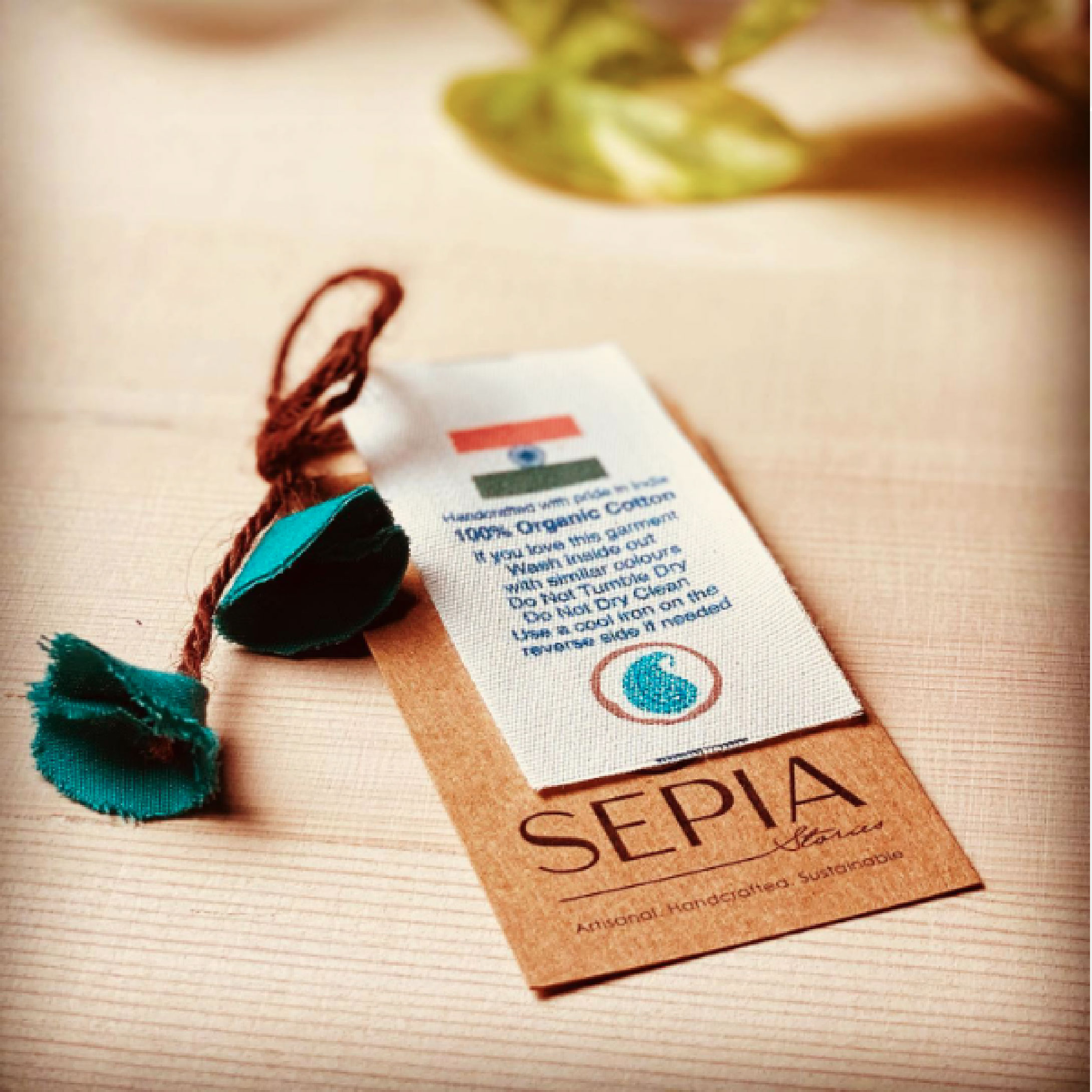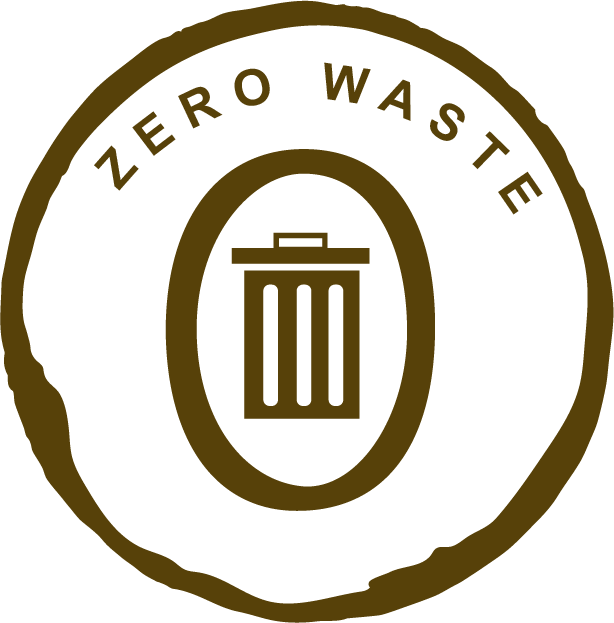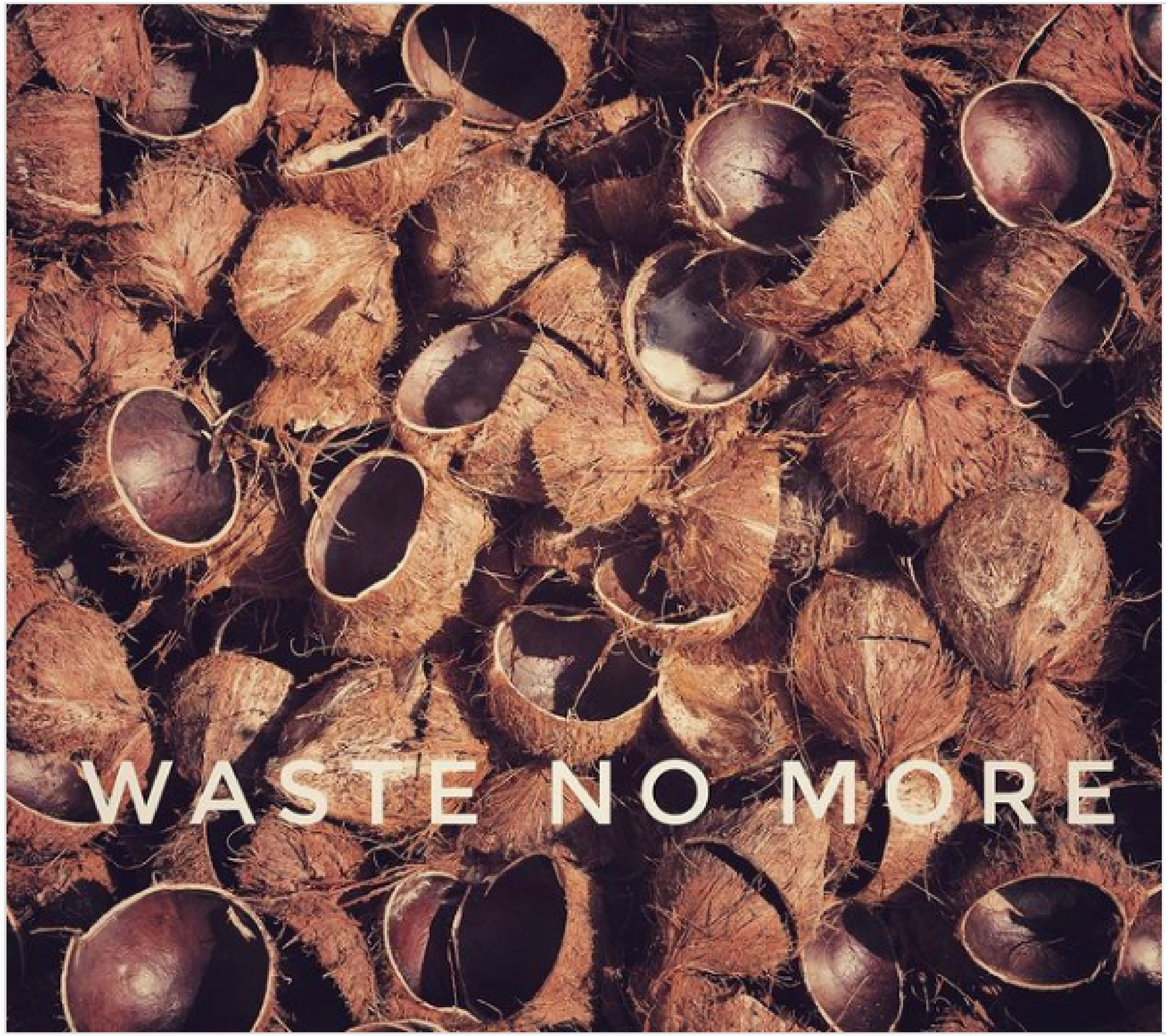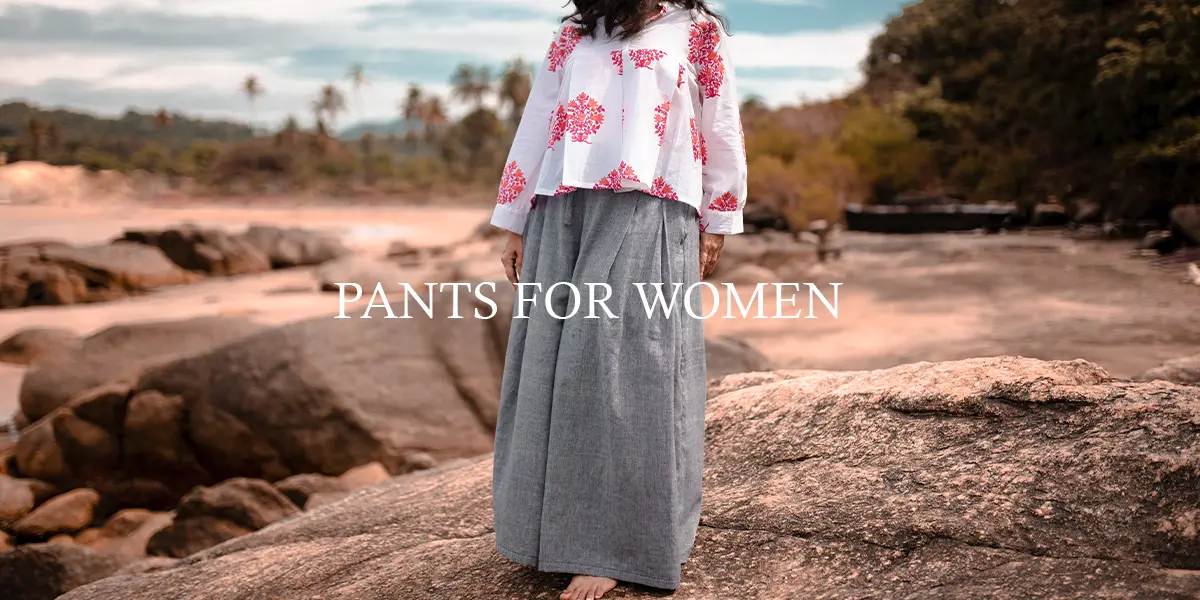Zero waste fashion
In a world grappling with the consequences of excessive waste and environmental degradation, zero waste design has emerged as a beacon of hope in the fashion industry. As designers and consumers alike seek more sustainable alternatives, one country stands out for its remarkable efforts in tackling textile waste: India. From recycling discarded fabrics to reimagining traditional crafts, India is weaving together an inspiring tapestry of innovation and consciousness. Join us on a journey through the sepia stories of zero waste sustainable fashion means where sustainability meets style in perfect harmony. Through innovative techniques in textile waste recycling in India, designers are stitching together sepia stories of sustainability and style that challenge traditional notions of wastefulness and breathe new life into forgotten garments.
sustainable fashion
In a world where fast fashion dominates the industry, leaving behind a trail of environmental devastation and mountains of discarded garments, a movement towards sustainable fashion has emerged. Enter Sepia Stories, an innovative brand that is redefining the concept of zero waste fashion with their unique approach to clothes recycling. This article explores how Sepia Stories is changing the game by not only creating beautiful and timeless garments but also implementing efficient fashion waste management strategies that aim to minimize their ecological footprint. Join us on this journey as we delve into the fascinating world of sustainable fashion and discover how Sepia Stories is paving the way for a more conscious industry.
Zero waste clothing
Step into a world of conscious fashion with Sepia Stories, where zero waste clothing takes center stage in our commitment to sustainable practices. At Sepia Stories, we go beyond the conventional fashion landscape, embracing a zero waste management approach that resonates with the ethos of living with zero waste. Our zero waste store is a haven for eco-conscious fashion enthusiasts, offering a curated collection of recycled sustainable fashion that blends style with environmental responsibility. Embracing sustainability in Indian culture, Sepia Stories redefines the fashion narrative by minimizing environmental impact without compromising on style. Our commitment to zero waste recycling is woven into the fabric of our brand, where each piece tells a story of ethical creation.
Zero waste clothing store
Our zero waste clothing store is more than just a shopping destination; it’s a commitment to a sustainable lifestyle. At Sepia Stories, we embody the zero waste concept by adopting a comprehensive zero waste system that encompasses reduce, reuse, and recycle principles. With a vision to propagate zero waste in India, we integrate eco-friendly practices into every aspect of our fashion production. Embracing the mantra of reduce reuse recycle, our brand incorporates eco-friendly practices to minimize environmental impact. At Sepia Stories, we believe in leading the charge for sustainable fashion by actively participating in recycling in fashion industry.
sustainable fashion brand
The sustainable fashion industry is no longer just a trend, but a vital movement towards combatting the environmental and social affects of fast fashion waste. As consumers become more conscious of their purchasing choices, ethical brands like Sepia Stories are emerging as beacons of hope in an industry marred by overconsumption and waste. With their innovative designs and commitment to environmental responsibility, Sepia Stories seeks to answer the pressing question: is zero waste design possible? With their innovative solutions to fast fashion waste, Sepia Stories is poised to revolutionize the way we perceive and consume clothing, merging style and sustainability seamlessly. In this article, we will explore how this forward-thinking brand is revolutionizing the fashion landscape with its sustainable practices and offering actual solutions to reduce waste in one of the world’s most polluting industries.
recycled sustainable fashion
In a world where fast fashion dominates the industry and environmental concerns are increasingly pressing, a glimmer of hope shines through the emergence of ethical fashion shows like Recycled Sustainable Fashion Sepia Stories. This groundbreaking event, held annually in India, celebrates the marriage of art, sustainability, and innovation. Enter the realm of recycled, sustainable fashion, where zero waste design thinking takes center stage. With an increasing number of consumers seeking clothing options that align with their values, sustainable fashion designers are stepping up to the challenge by creating innovative pieces that not only look good but also do good for the planet. From upcycling vintage fabrics to repurposing materials, these eco-conscious artisans are turning sepia stories into vibrant and stylish creations. Join us as we delve into the world of recycled, sustainable fashion in India, where every garment tells a story worth preserving for generations to come.
Zero waste fashion
Step into the world of sustainable elegance with Sepia Stories, where our commitment to zero waste fashion spearheads a revolution in conscious living. Pioneering zero waste management in India, we embrace a holistic approach that encompasses the principles of reduce reuse recycle, reflecting our dedication to a greener future. At Sepia Stories, zero waste living isn’t just a philosophy; it’s a lifestyle embedded in our design ethos. We go beyond traditional boundaries, actively participating in recycling and upcycling fashion to create collections that redefine the industry. Positioned among the leading recycled fashion brands, Sepia Stories exemplifies the perfect fusion of style and sustainability.
zero fashion sense
In a world where fashion trends change with the blink of an eye, there is a rising movement that defies the constraints of fleeting styles. Enter Zero Fashion Sense Sepia Stories, a groundbreaking brand that challenges conventional notions of clothing and embraces individuality like never. Using organic cotton fabric sourced ethically from sustainable farms, this innovative label not only ensures comfort but also addresses the urgent need to combat the fast fashion waste problem plaguing our planet. With their unique designs and commitment to sustainability, Zero Fashion Sense Sepia Stories is revolutionizing the way we think about fashion and paving the path towards a more conscious and stylish future. In a society plagued by fast fashion’s environmental impact, Zero Fashion Sense offers a refreshing alternative sepia stories woven through old clothes recycle fabrics, telling tales of forgotten eras and creating a sartorial narrative unlike any other. Join us as we delve into the captivating world of Zero Fashion Brand, exploring its ethos, influence, and how it continues to challenge our perception of what it truly means to be fashionable.
Zero waste products
Step into the realm of sustainable fashion with Sepia Stories, a beacon of conscious living where our commitment to zero waste fashion takes center stage. Beyond just offering zero waste products, Sepia Stories is a trailblazer in promoting a zero waste lifestyle. Our zero waste stores are curated havens, reflecting our dedication to reducing environmental impact and fostering sustainable practices in India. At Sepia Stories, we embrace the mantra of reduce reuse recycle, weaving these principles into the fabric of our philosophy. Our recycled clothing brand stands as a testament to our dedication to making fashion a force for positive change. Each garment in our collection is more than just clothing; it’s a statement of environmental responsibility, a choice to contribute to a circular fashion economy. Sepia Stories redefines recycled clothing, offering thoughtfully crafted pieces that seamlessly blend style with sustainability.
Handmade cotton Clothing
In a world dominated by fast fashion, where garments seem to come with an expiration date before they even hit the racks, there is a growing movement towards ethical fashion and sustainable living. As we become more conscious of the impact, our choices have on the environment and communities, the demand for organic cotton clothing produced ethically has skyrocketed. Handmade cotton clothing has emerged as more than just a trend; it tells sepia stories of craftsmanship, resilience, and respect for our planet. With a focus on recycled textile products and sustainable fashion trends, these unique pieces not only make a style statement but also serve as reminders of the power we hold as consumers to shape a more conscious future. In this article, we delve into the sepia-toned stories behind handmade cotton clothing, exploring their enduring charm in an increasingly fast-paced fashion industry driven by trends and profit.
fast fashion waste
In the fast-paced world of fashion, trends come and go quicker than ever. Fashion designers strive to stay ahead of the curve, constantly creating new collections to meet consumer demands. However, as this cycle of production and consumption speeds up, so does the waste it generates. In a world where the circular fashion industry is gaining traction, sustainable fashion brands are leading the charge towards a more eco-conscious future. However, amidst this shift, the alarming truth about fast fashion waste remains hidden in sepia stories of exploitation and environmental degradation. While only sustainable fashion brands strive to reduce their carbon footprint and promote ethical practices, the overwhelming dominance of fast fashion continues to wreak havoc on our planet. It’s time to delve into this dark side of an industry that urgently calls for change. In this article, we delve into the fascinating realm of zero waste designers who are reshaping the narrative by reimagining fashion’s future through sepia stories that celebrate creativity while minimizing environmental impact.










